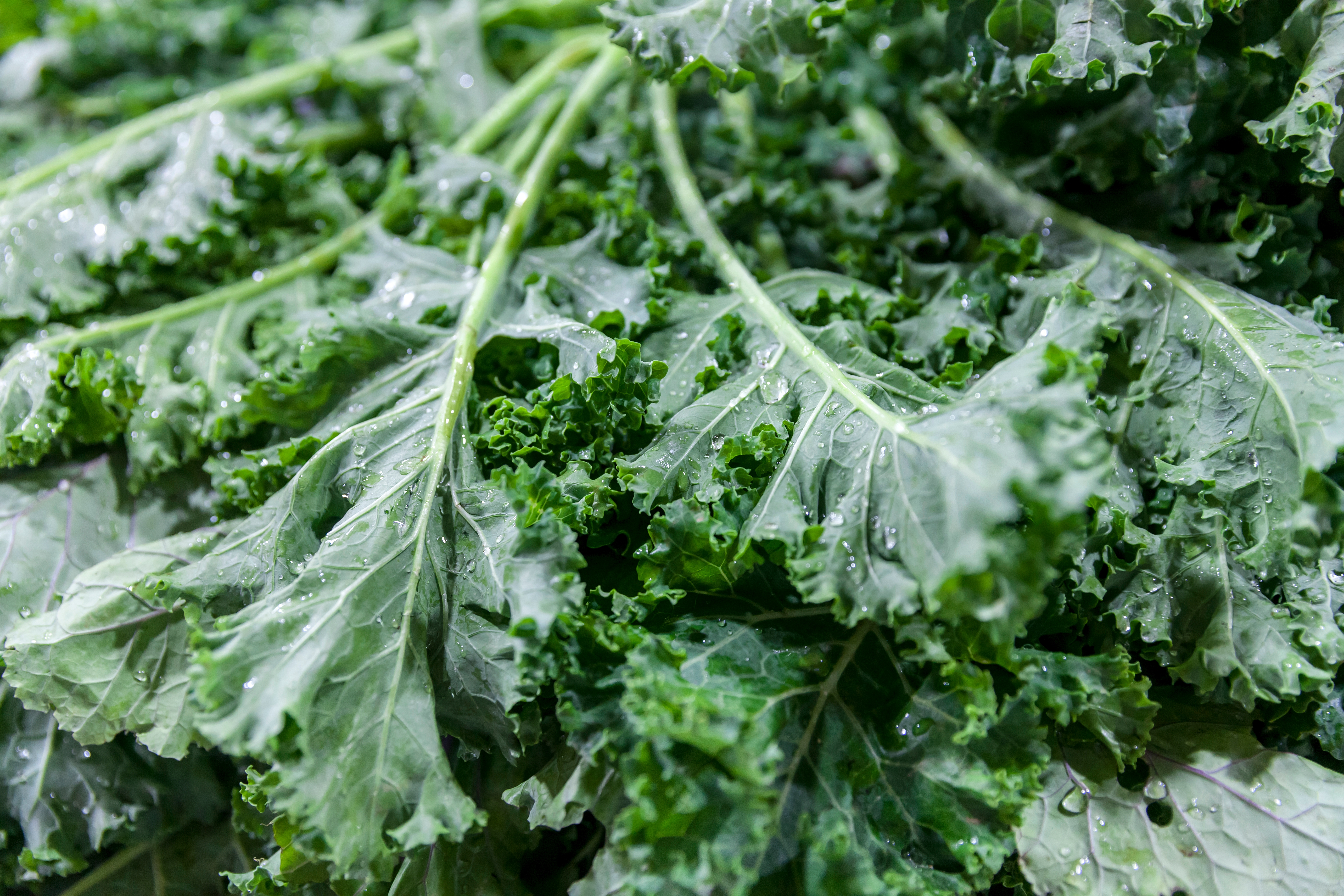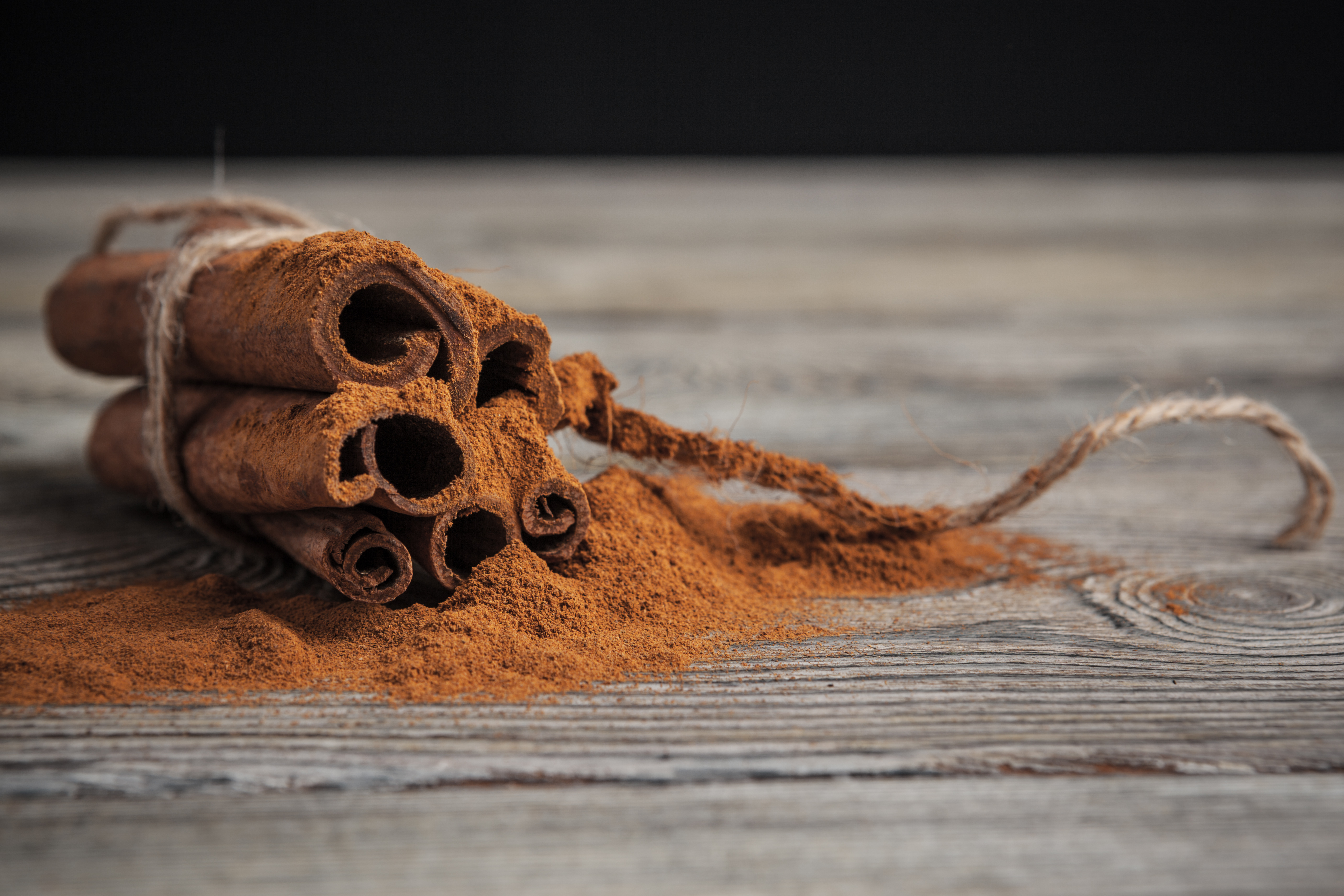A Dietitian's Guide to Lowering Cholesterol Without Medication
31. The Unexpected Role of Magnesium and Vitamin K2

While calcium is essential for bones, its accumulation in arteries can lead to dangerous hardening and plaque formation. This is where magnesium and Vitamin K2 come in. Magnesium is a natural calcium channel blocker that helps regulate calcium's movement in and out of cells, promoting relaxation of blood vessels and lowering blood pressure. Vitamin K2 works by activating proteins that direct calcium to your bones and away from your arteries. Without sufficient amounts of these two nutrients, your body cannot effectively manage calcium, which can lead to cardiovascular issues. Foods like leafy greens, nuts, and fermented foods are rich in these essential compounds.
32. The Surprising Benefits of Cinnamon

Cinnamon is more than just a sweet spice; it's a potent tool for metabolic health. Research has shown that even a small amount of cinnamon each day can help lower triglycerides and total cholesterol, especially in people with metabolic syndrome or diabetes. The compounds in cinnamon work to improve insulin sensitivity, which in turn helps the body manage fats and sugars more effectively. A dash of cinnamon in your morning oatmeal, smoothie, or coffee can add not only flavor but also a powerful, heart-protective layer to your diet.
